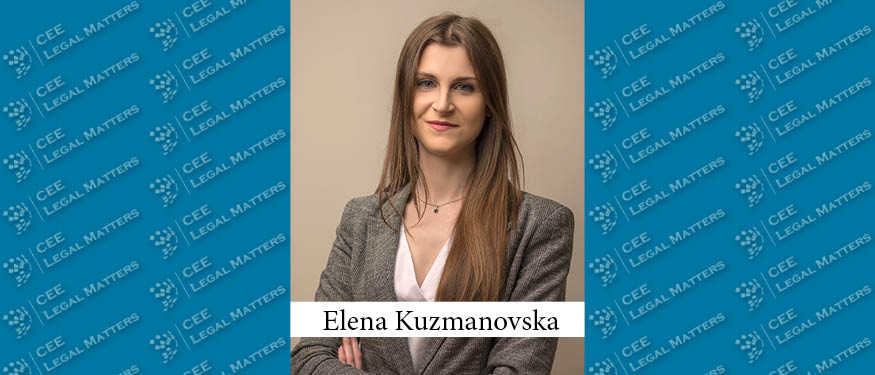With the rollout of 5G technology, North Macedonia will have to clear a number of legal and regulatory hurdles before benefitting from its potential to transform industries, improve connectivity, and drive economic growth. The country’s telecommunications framework faces the dual challenge of accommodating this groundbreaking technology while ensuring alignment with EU standards.
Moldova: Bad Faith Trademark Registrations – An Emerging Challenge for Foreign Investors
Bad faith trademark registrations in Moldova can pose certain challenges for foreign companies in the country. Understanding the implications of bad faith trademark registrations in Moldova is crucial for businesses looking to protect their intellectual property.
Kosovo: Using Binding Corporate Rules and Standard Contractual Clauses as Data Transfer Mechanisms
The Law for Protection of Personal Data (LPPD) in Kosovo establishes guidelines for protecting personal data and regulates its transfer to other countries.
The Commission For Protection Of Competition Conducts Sectoral Analysis in the Pharmaceutical Industry
The Commission For Protection Of Competition of the Republic of Serbia (“Commission“) recently announced that it will conduct a sectoral analysis of the pharmaceutical industry, specifically examining market conditions and competition in the human drug market in Serbia. This decision comes in light of increasing regulatory oversight and the need to assess competitive conditions in this key sector.
Czech Republic: Overview of Selected Obligations in Connection with the End of the 2024 Accounting Period
With the end of the 2024 calendar year accounting period, companies must focus on key obligations associated with it. This overview, prepared by the law firm Eversheds Sutherland, summarizes the most important deadlines and obligations related to financial statements, the annual report, the related parties report, and the filing of the corporate income tax return. Proper and timely fulfillment of these obligations is essential to comply with legal requirements.
The Legal Uncertainty: Bankruptcy Proceedings and Arbitration in North Macedonia
In recent years, it has become increasingly common for companies in North Macedonia to choose arbitration as the method for resolving disputes in cooperation agreements, instead of judicial proceedings, which usually take considerably longer. However, the Macedonian legislature has not fully regulated all the legal aspects related to arbitration procedures.
Real Estate Laws and Regulations in Ukraine (2025)
Contributed by Avellum.
Real Estate Laws and Regulations in Slovenia (2025)
Contributed by Jadek & Pensa.
Real Estate Laws and Regulations in Slovakia (2025)
Contributed by Ments.
Real Estate Laws and Regulations in Romania (2025)
Contributed by Bancila, Diaconu si Asociatii.
Real Estate Laws and Regulations in North Macedonia (2025)
Contributed by Law Office Lazarov.
Real Estate Laws and Regulations in Greece (2025)
Contributed by AKL.
Real Estate Laws and Regulations in Albania (2025)
Contributed by Kalo & Associates.
Changes in Hungary’s Regulation of Solar Power Plants
A new proposal could eliminate the requirement for remote control regulation in solar power plants with a capacity of less than 5 megawatts (MW).
GDPR Fines and Data Breach Trends in the CEE Region
The latest DLA Piper GDPR Fines and Data Breach Survey provides a comprehensive overview of data protection enforcement trends across Europe, including the Central and Eastern European (CEE) region. CEE countries are in the mid-range in terms of total GDPR fines imposed since the regulation became applicable in 2018 and for last year, but enforcement activity is steadily increasing. Here are the latest trends and legal developments in Austria, the Czech Republic, Hungary, Poland, Romania, and Slovakia.
"'Stewardess' Out of the Game," or the First Successful Follow-On Claimant's Damages Action in the Czech Republic
When discussing competition law, the Competition Authority and its powers are usually part of the business conversation, given that it is the key enforcer ensuring fair competition and penalizing those who try to distort it. However, for many undertakings, a decision by the Competition Authority isn’t always the end of their fight for justice – sometimes it’s just the beginning. Affected competitors often have to undertake significant efforts to seek compensation from those whose anti-competitive behaviour has harmed or even destroyed their business. In this article, we share our experience with the first-ever successful follow-on damages action in the Czech Republic and the challenges we encountered along the way.

































